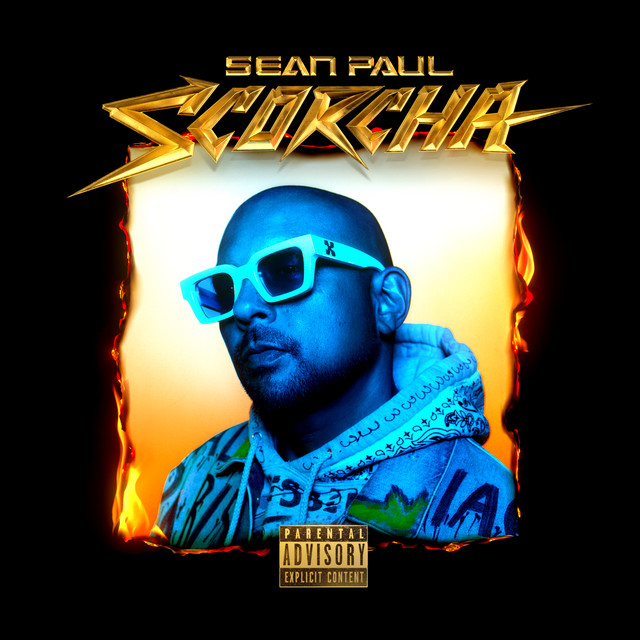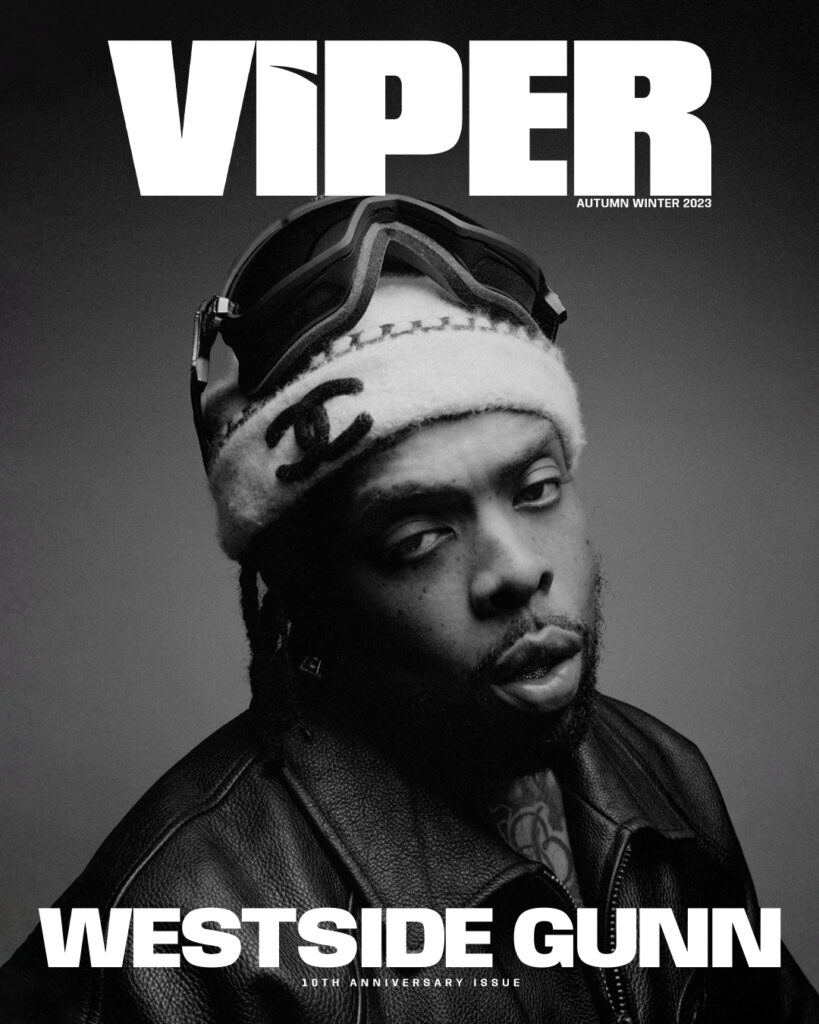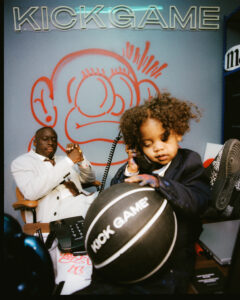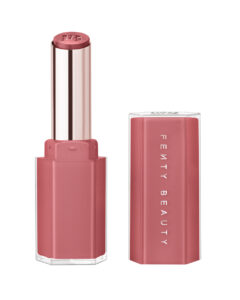Sean Paul speaks to VIPER about the importance of Dancehall history, crossover sounds and his iconic cameo in ‘Belly’…
You’ve been recording through the pandemic, tell me about your new album!
I’ve got two albums coming, one in March, one in May, so it’s a lot of stuff! I already shot one video for the first single, that’s on the first album. We shot one for this album that’s being edited, then I have a shoot on Thursday for another song on this album, it’s hectic!
So how do you differentiate between the songs you’re putting on the two albums – are they different genres or vibes?
One is more hardcore Dancehall. Even on my more Pop-style albums, I still have some hardcore songs on there but the first one that I’m dropping this year is called ‘Live N Livin’’. It’s way more hardcore and it’s more collaborative, so me working with a lot of people who I revere in the music industry in Jamaica; Buju Banton, Busy Signal, Serani, Mavado, new artists like Intence, Chi Ching Ching – Dutty Records’ first signee – Jr. Gong’s on that album, and on the second one. It might confuse people ’cause it’s kinda confusing for me but we just do it.
It sounds incredible, Jamaica has so many incredible musicians, it’s great to hear you working with so many of them.
Yeah man, thank you.
You run a Dutty Rock record label too?
Yeah, ‘Dutty Rock’ was my album, released 2001, and it was the biggest seller for me, so after that I made a music production team called Dutty Rock Productions, they’re producing this album now. They’ve produced over the years, one on the second album, another a couple years later on an album called ‘Imperial Blaze’, then again in 2010, then again in 2015.
Over the years they’ve produced [songs] on the second album, a couple years later on an album called ‘Imperial Blaze’, then again in 2010 and again in 2015.
Since about 2017, we’ve been putting out one riddim or two riddims per year. By “riddim,” I mean me and a couple of other artists on the same riddim juggling. That’s something I’ve always loved and me trying to be the change I want to see. A lot of the younger producers came into the game with a lot of energy and also talent, but they didn’t have to go to a studio to learn, they learnt off of a laptop. So there’s some elements I feel are kinda missing and I’m just trying to be that change and produce how I remember, how I learnt from Steely & Clevie and Sly & Robbie and it’s kinda fun this music that I do.
You came into the industry at a very transitional time for Jamaican music, it really went global in a different way when you charted, despite always reaching across the globe. Did you try to do something new or simply follow what was taught by previous stars?
Slightly a bit of both, I definitely revered the elders’ business, I think without them I couldn’t be here. I also know that they’ve been through so much more than I have, in terms of some of them came from the country parts to Kingston with nowhere to sleep, sleep on the ground in the studio to try their parts. I didn’t have to go through that, of course I wanted a long time to voice tracks as well. But the other side of it also is me seeing what they did and having ideas as to how I could bridge the gap internationally and have a lot more people love this music. At first I thought that everybody knew this music and everybody loved it. I used to represent Jamaica for swimming and water polo so I went away, we would do the competitions then go to the clubs and I would always hear the music in the clubs but I would never hear it on the radio stations and on TV. So it was kind of a goal of mine to bridge that gap, which actually did happen so that was a dream come true.
Dutty Rock turns 20 in November next year.
Yeah, crazy.
I would put it in the top three crossover albums in any genre, of all time. You didn’t water the sound down but you brought it to the masses globally.
Yeah those first years were very hardcore Dancehall for me.
On ‘International Affair’ you say the song’s producer Mark Ronson is going to help you crossover, but you ended up doing it all by yourself! How did you keep it so natural and true to the sound? I just stayed true to the music, what I heard of it that I thought was very comparable to what Hip Hop was doing, or bigger selling music, and I was like, ‘this should be on a platform’. So I stuck with it without thinking, ‘oh my numbers aren’t big’. You know my first album sold 75,000 which was very huge for the record company I was with, VP Records, but also in the scale of big things, people were selling millions and millions of records then. We just took it in our stride and I must also pay homage to the people who went before me, Bob Marley, Peter Tosh, Jimmy Cliff, Shaggy, Buju Banton, Shabba Ranks, because all these people set the stage for me. When Buju, Shabba and Shaggy were doing it a few years before me, they kinda had to mix a lot of R&B sounds with their singles. If you know Shabba Ranks’ career, ‘Ting-A-Ling’ was a big single in our community but the ones they pushed to the MTVs and the BETs and that kinda stuff was the songs with Johnny Gill and KRS One. That was to help it crossover so I pay homage to them because it paved the road for me and did that work in terms of you know, people would say watered down but I say bridge the gap. It’s what I’ve done in recent years where Dance music became huge and to keep my audience, which is not just my base audience but a new audience of people listening to popular music. When Dance became popular, I had to start doing songs with people like David Guetta, Stargate, Clean Bandit, in the past few years. So I had to blend my music as well in the long run, now I think it’s going back to a time where I think that I wanna put hardcore Dancehall out with this album, ‘Live N Livin’’. There’s also a new sound in Dancehall, so the traditional sound is on the album, but also a little bit of the new sound where I work with the younger artists like Intence, Skillibeng, Masika; they’re on the album as well. The riddim tracks kinda reflect the new sound so I’m in a place of balance right now. I’ve had to pay homage and do music that my base audience will love throughout the years, which is the same hardcore stuff, but I’ve also had to kinda paint a new picture with words such as with Clean Bandit and doing songs with Dua Lipa and Becky G because the generation’s changed, time’s changed. Things happen and for me to balance all these different kinds of fans was an important thing for me.
To read the rest of this interview, purchase a copy of our Spring 2021 issue.





